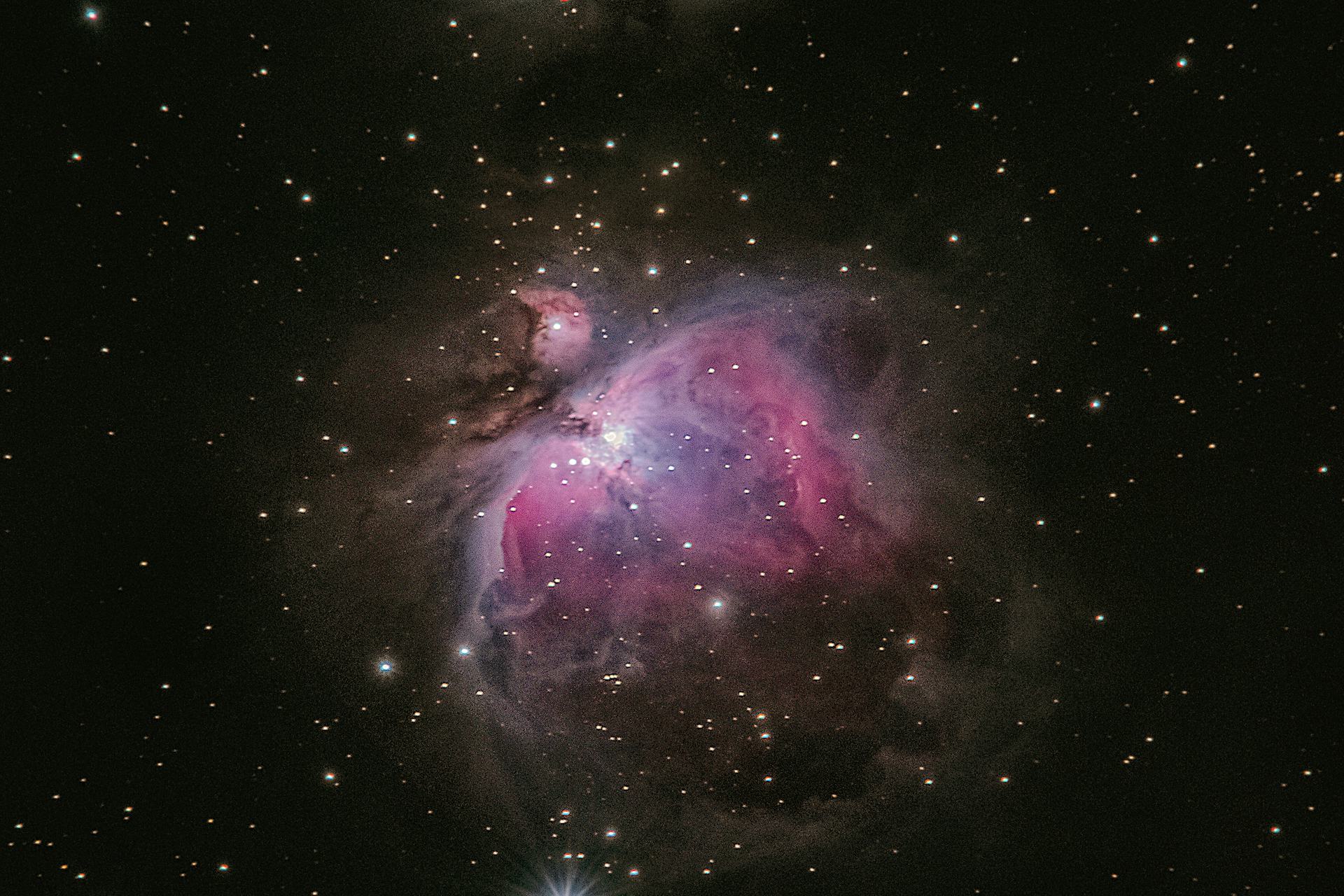Astraeus

Together with his wife Eos, Astraeus fathered the Anemoi (“Winds”) and the Astra (“Stars”). The Heavens by Alexander Andrews via Unsplash (2018).
Alexander AndrewsUnsplashOverview
Etymology
The name “Astraeus” (Greek Ἀστραῖος, translit. Astraios) is likely related to the Greek word astēr (“star”), itself derived from the Proto-Indo-European root *h₂ster- (“star”).[1]
Pronunciation
English
Greek
Astraeus Ἀστραῖος (translit. Astraios) Phonetic
IPA
[uh-STREE-uhs] /əˈstɹiːəs/
Attributes
Astraeus’ name (which comes from the Greek word for “star”) and the starry nature of his children indicate that he was connected with celestial bodies. He is not found in ancient art, but some believe he was represented on the famous Gigantomachy relief of the Pergamon Altar (second century BCE).[2]
The Roman mythographer Hyginus lists Astraeus among the Giants born to Tartarus and Gaia, but this may be a mistake.[3]
Family
Astraeus was one of the sons of Crius, a Titan, and Eurybia, a daughter of Gaia and Pontus. He had two brothers, Pallas and Perses.[4]
Family Tree
Mythology
Astraeus does not have a mythology of his own. Instead, he serves a genealogical function as the husband of Eos and the father of the Anemoi and the Astra.